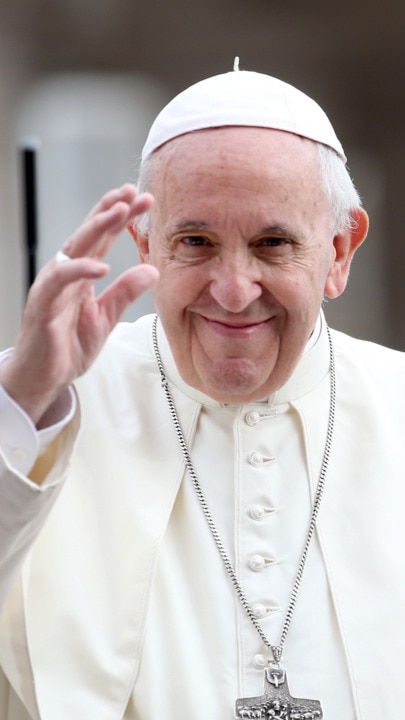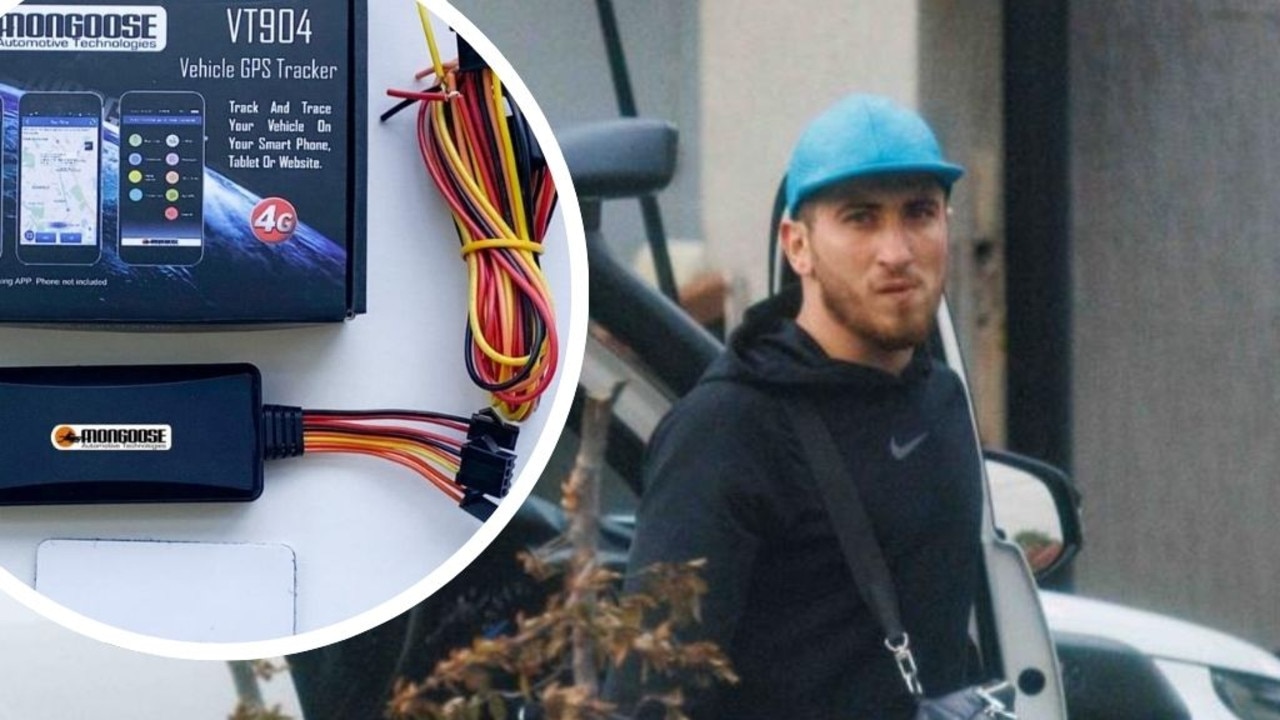Pope Francis’ successor to cement or destroy his Liberal legacy
The clash between conservatives and progressives will play out in the Sistine Chapel in a battle for the soul of the Roman Catholic church.

NSW
Don't miss out on the headlines from NSW. Followed categories will be added to My News.
Pope Francis’s successor will inherit a divided church facing a slew of challenges, from its handling of child abuse scandals to decisions over the role of women, gay rights and calls to reform the Vatican’s finances and governance.
The success of strongly conservative candidates in national elections around the world in recent years has been touted by some commentators as a backlash against more liberal regimes, with speculation that the selection of a new pontiff could be affected by the same trend.
Francis was elected pope in 2013 before the wave of global populism that led to Brexit in the UK, the election of Donald Trump in the United States and the growth in support for right-wing parties in countries including France and Germany.

Out of the world’s 1.3 billion Catholics, only 135 cardinals will have a vote in choosing his successor. However, they too are divided.
The question of Francis’s legacy and the scale of its effect on the history of the church will, in large part, be decided by who is chosen to follow him. Will they seek to build on or dismantle his liberal agenda?
The bitter clash between conservatives and liberals being played out worldwide is likely to echo within the walls of the Sistine Chapel during the forthcoming conclave.
Traditionalists in the Roman Catholic church were angered by some of Francis’s reforms and dismayed by what they saw as his progressive comments on matters ranging from homosexuality, the role of women and climate change, to refugees, the role of synods and the traditional Latin Mass in the modern church.
Although some conservatives felt that he went too far, many liberals thought that he did not go far enough in changing church doctrine.
Cardinal Vincent Nichols, the Archbishop of Westminster, said on Monday: “The legacy he leaves is one we must seek to carry forward and strengthen.”
However, there are many who want to see the precise opposite happen. This paves the way for a highly politicised conclave, as was the battle depicted in the fictional plot of the film Conclave, starring Ralph Fiennes.

The cardinals who are eligible to vote come from around the world and hail from a wide range of cultural and theological backgrounds. It is not clear that any one papabile – papal candidate – enjoys clear support from a bloc of supporters on either the liberal or conservative side.
Pietro Parolin, the Vatican’s secretary of state, is considered a frontrunner. He is seen as a moderate figure and as a continuity candidate, albeit not quite as liberal as Francis.
The Hungarian cardinal Peter Erdo and Robert Sarah from Guinea are seen as leading conservative candidates, while Luis Antonio Tagle, from the Philippines, and the Italian Matteo Zuppi are viewed as prominent liberals.
Francis was himself a surprise choice, with other names in the frame including Peter Turkson from Ghana and even, as an outsider, Arthur Roche, a Yorkshireman.
One of Francis’s more lasting legacies from an English point of view may, however, be his efforts to foster closer relations with the Church of England.
The Right Rev Christopher Chessun, the Anglican Bishop of Southwark, said: “His legacy is one of deep spirituality and courageous apostolic leadership with a loving heart. It is beautiful that God called him home at Eastertide. May he rest in peace.”
This story originally appeared in The Times.
Originally published as Pope Francis’ successor to cement or destroy his Liberal legacy


